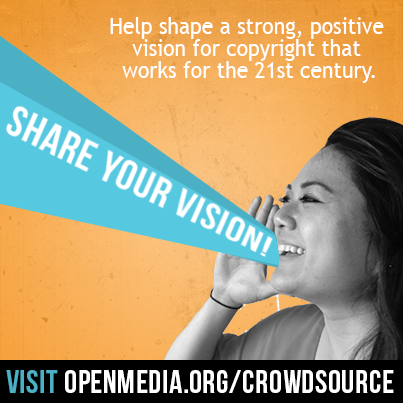So here’s the deal: the future of the open Internet is on the line. The Trans-Pacific Partnership (TPP), an international trade deal involving 12 Pacific Rim countries, threatens to make the Internet we know and love more expensive, censored, and policed. The TPP has huge implications for all of us — but let’s zoom in on one of the countries taking part to get an idea of the impact.
Vietnam, a participating TPP country, has a population of nearly 89 million. Over 30 million of them are Internet users. That’s 39% of the population (according to the World Bank). For what many would deem a “developing country,” that’s more than a third of the population.
The Internet wasn’t established in Vietnam until the 1990s when, after much deliberation, the government finally gave its consent. Internet usage rates increased exponentially, but not without extensive restrictions on Internet freedom. Blocking and filtering content have long been a part of Vietnam’s Internet regulation practices, but the explosion of social media was unexpected, giving rise to unprecedented ways for citizens to connect and, more importantly, organize. Social networking sites such as blogs, Twitter, and Facebook allowed activists, journalists and everyday citizens to find solidarity with one another, giving them the courage to speak out against the government’s corrupt practices.
The detention of anti-government journalists, both Vietnamese and foreign, has garnered the attention of international rights groups and institutions. The United Nations, Reporters Without Borders and Amnesty International, have condemned these actions, but to no avail. In fact, just this past year, the Vietnamese government passed an even more repressive law — Decree 72 — known formally as the Decree on Management, Provision, and Use of Internet Services and Information Content Online.
This legislation allows for increased monitoring and surveillance of citizens’ messages to one another. It makes it illegal to discuss any content outside of what is considered “private information,” meaning that any discussion of politics or social commentary of any kind is punishable by imprisonment. While the government has claimed that the decree is a strategy against piracy, the restrictive definition on what is considered allowable content, as well as the punitive measures, would force even the most skeptical critic to agree that Decree 72 is an unabashed attempt at stifling freedom of expression.
The main irony is that since Vietnam is a TPP member, other nations like the United States are using this trade deal to leverage Vietnamese officials to release political prisoners. The funny thing is that the TPP’s own censorship goals are eerily similar to the ones in Vietnam’s Decree 72.
For starters, the TPP would force ISPs to act as Internet police — monitoring your online activities and handing your sensitive, personal data over to private companies and the authorities. The TPP would give unaccountable bureaucrats the right to remove online content by filtering search pages or even by blocking whole web pages. And if they deem it necessary, they have the power to disconnect your Internet connection, cutting off you and your family from the rest of the world. This type of “act first, ask questions” later approach is highly reminiscent of Vietnam’s own Decree 72. And yet these are actual provisions in the TPP, which includes democracies like Canada and the United States.
In North America and Europe, this kind of Internet censorship is argued for on the grounds of copyright as well as security. The untimely passing of Aaron Swartz underlined just how much fear mongering is entrenched in our legal institutions — so much so that it led to the reckless prosecution of the late Swartz.
So let’s be clear about one thing: Internet censorship is a global issue that affects everyone. And the only way to set a precedent for free online expression is to strengthen our global commitment to Internet freedom.
It means finding the ties that bind us, be it fighting against the TPP or Vietnam’s Decree 72. While it’s essential to respect our regional differences, it’s equally important to make sure that Internet freedom is a right for everyone, everywhere. That’s exactly why we’ve launched a groundbreaking global project that aims to shape new rules for sharing and collaboration online, rules that put an end to Internet censorship and work for all of us in the 21st century.



